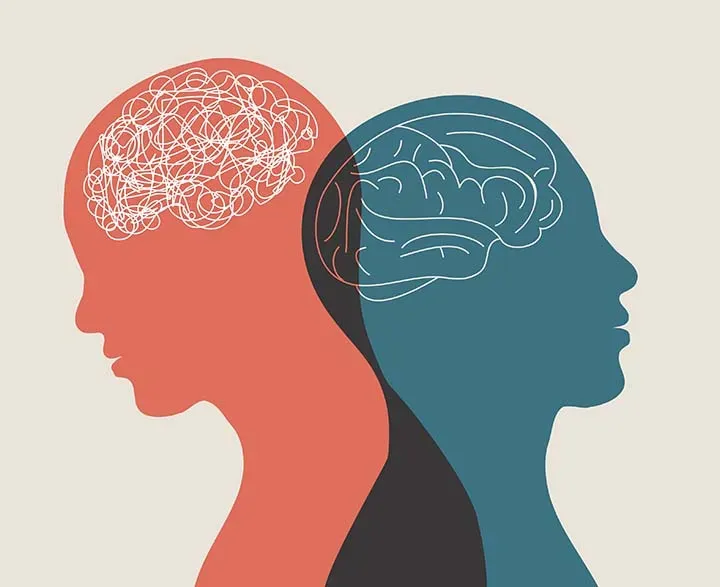How often do you experience extreme mood swings?
When you are in a good mood, how long does it typically last?
Do you ever have periods where you feel unusually energetic or hyperactive?
How often do you feel like you can accomplish anything, even unrealistic goals?
Have you noticed that your sleep patterns change drastically from time to time?
Do you ever feel extremely irritable without any apparent reason?
How often do you make impulsive decisions, such as spending money recklessly or engaging in risky behavior?
When you’re feeling low, how does it affect your daily life?
Do you ever have thoughts of grandiosity, feeling more powerful or important than others?
How often do you experience racing thoughts that make it hard to concentrate?
During periods of high energy, how much sleep do you need?
Do you have times where you feel extremely low and hopeless?
How often do you feel a strong urge to talk more than usual?
Do you find yourself losing interest in activities you usually enjoy?
How do your friends and family describe your mood changes?
Do you have periods of feeling overly confident, only to later realize you were unrealistic?
When feeling down, how long does it take you to recover?
Do you ever feel overly talkative or pressured to keep talking?
How often do you experience feelings of guilt or worthlessness?
Do your mood changes cause problems in your relationships?
How often do you feel like your thoughts are racing out of control?
Do you have periods where you feel invincible or unstoppable?
How do you typically feel after a period of high energy?
How often do you withdraw from social activities due to mood changes?
Do you ever feel a sudden burst of creativity or inspiration, only to lose interest later?
How frequently do you change your mind about important life decisions?
Do you experience sudden shifts from feeling extremely happy to very sad or angry?
How often do you find it hard to sit still, feeling restless or agitated?
Do you have times where you feel disconnected from reality?
How do you feel about the future?
Don't see your results? Make sure you answered every question and then scroll down.
Bipolar Disorder Test
Low Likelihood of Bipolar Disorder
Your answers suggest that you have a low likelihood of having Bipolar Disorder. While you may experience some mood variations and occasional changes in energy levels, these seem to be within the normal range of human experience. However, if you ever feel concerned about your mental health, it’s always a good idea to consult a professional for further evaluation.
Moderate Likelihood of Bipolar Disorder:
Your responses indicate that you may experience some symptoms associated with Bipolar Disorder, such as mood swings or changes in energy levels. These symptoms might not be severe or consistent enough to suggest a high likelihood, but they are worth monitoring. Consider keeping a mood diary and seeking advice from a healthcare professional if these symptoms begin to affect your daily life.
Very High Likelihood of Bipolar Disorder:
Your responses strongly suggest that you may be experiencing symptoms of Bipolar Disorder. The frequent and severe mood swings, energy fluctuations, and impulsive behaviors you’ve reported are characteristic of this condition. It is highly recommended that you consult with a mental health professional as soon as possible to discuss your symptoms and explore potential treatment options. Early intervention can be crucial in managing Bipolar Disorder effectively.
High Likelihood of Bipolar Disorder:
Your answers suggest a high likelihood that you may have Bipolar Disorder. The patterns of mood swings, shifts in energy levels, and changes in behavior you’ve reported are consistent with this condition. It’s important to take these symptoms seriously and seek a thorough evaluation from a mental health professional who can provide you with the appropriate support and treatment options.
